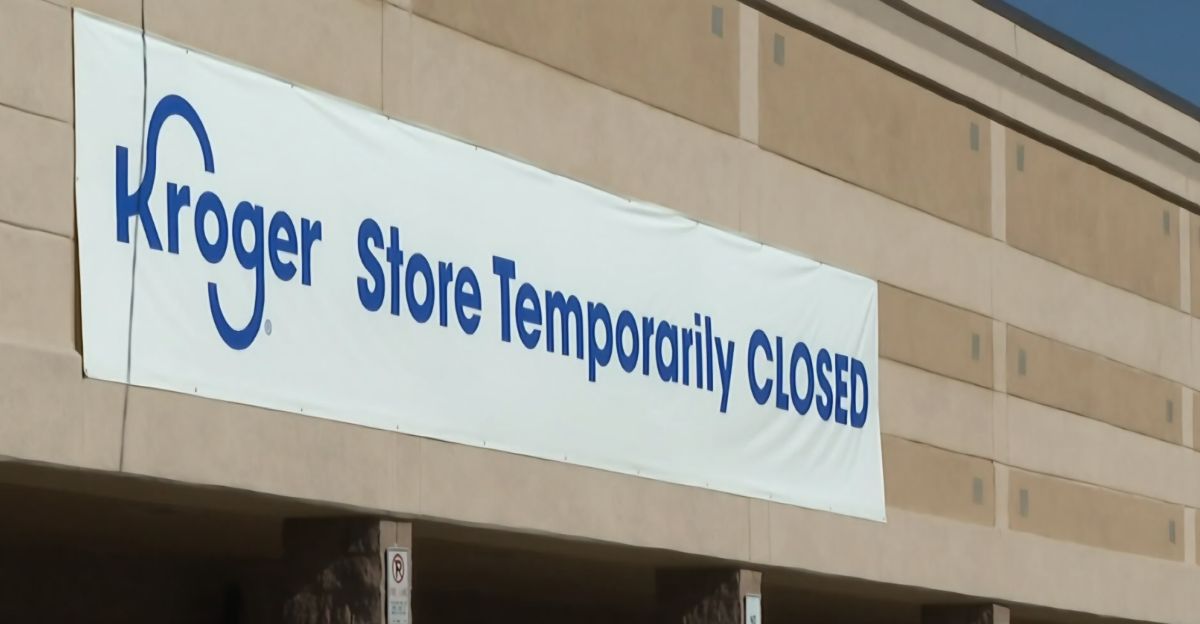
Kroger has been one of the largest grocery retailers in the U.S. for decades. However, recently, four stores had to be temporarily closed down after employees had sent a clear message to their employers: They would not continue to work in an unsatisfactory environment.
This is more than just a union spat; it showcases the power that employees have over the retail space they work in.
No Employees To Run Things
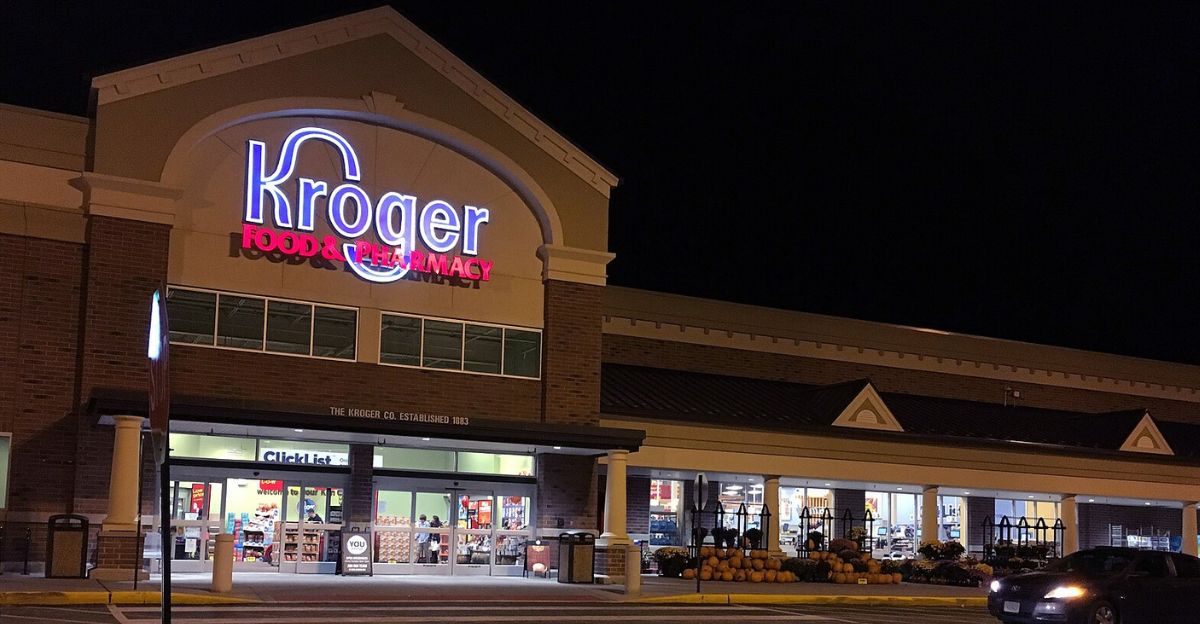
Workers are the backbone of any retail space and have a lot more power than people realize. Without employees, there’s no one to manage the stock, work the checkouts, or aid consumers, resulting in the doors closing.
This is a sobering reality for many, but it implies a broader retail trend as workers fight for what they think is right.
Signs Of Labor Issues
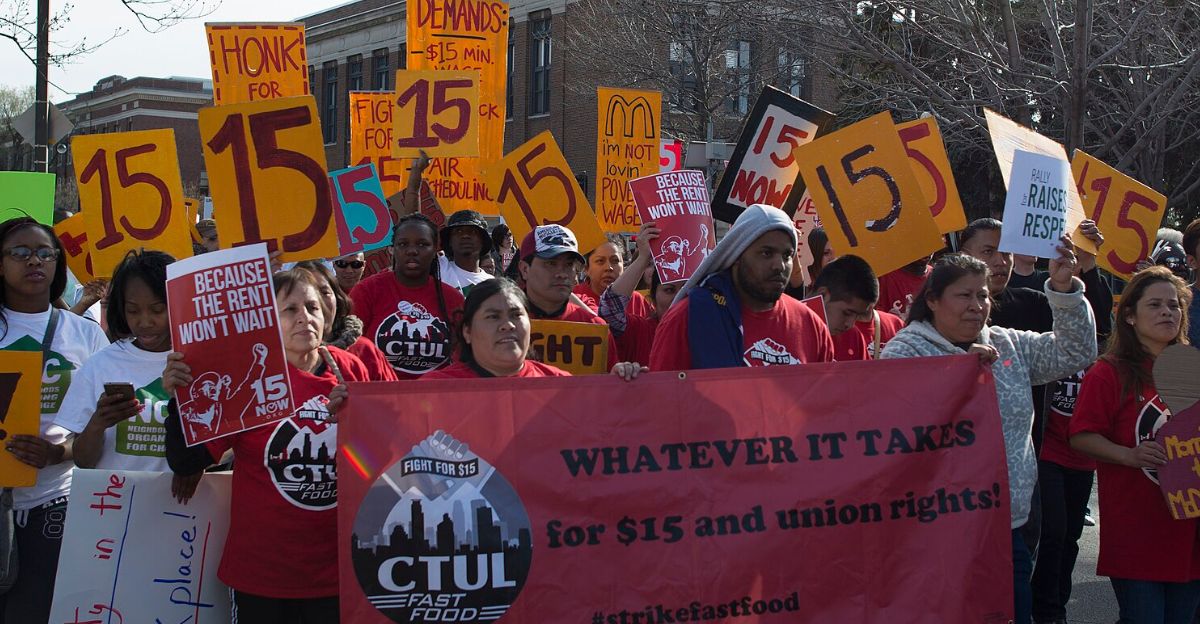
Kroger isn’t the only retail store that faces labor issues. Many employees are no longer happy with their wages and benefits as they struggle to keep up with economic factors driving up the cost of everything around them.
In 2024, worker unrest increased by over 30%, and in cases that are similar to Kroger’s employees, the success rate of the campaigns was over 70%.
A Broader Issue
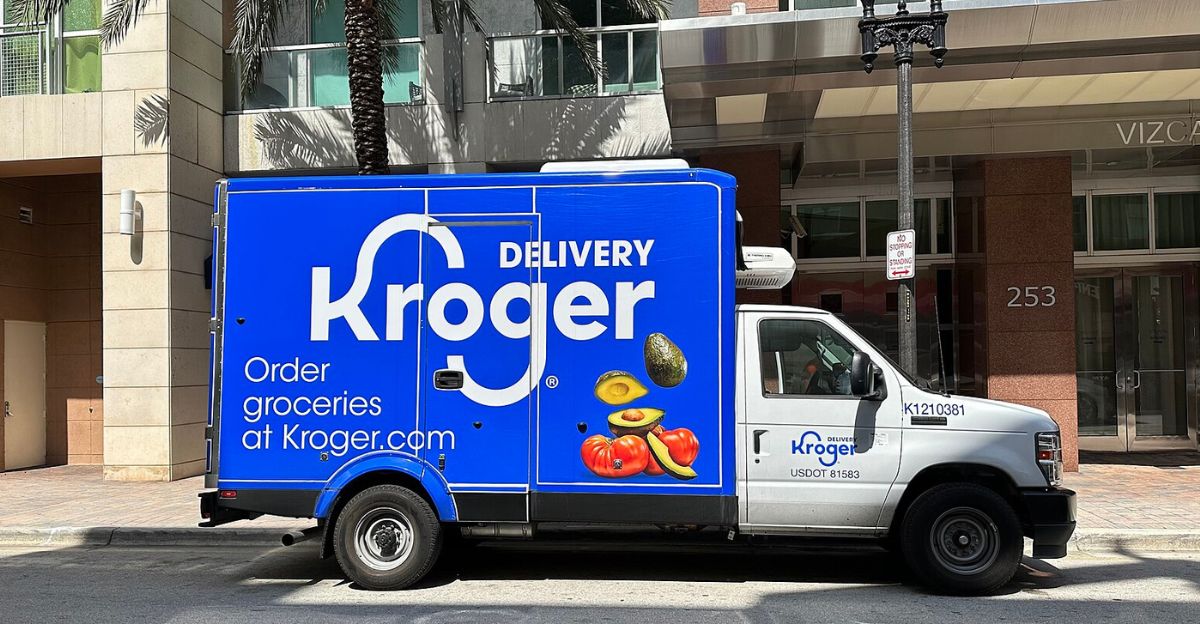
The employees walking out of four Kroger stores is a sign of a broader economic issue, but workers around the U.S. realize they hold the power to make a change.
Many campaigns have been bolstered with newfound confidence, as many have seen success, such as at Amazon, Starbucks, and other companies. This is a wake-up call to businesses to take their employee grievances seriously, or they risk unprecedented consequences.
Unity
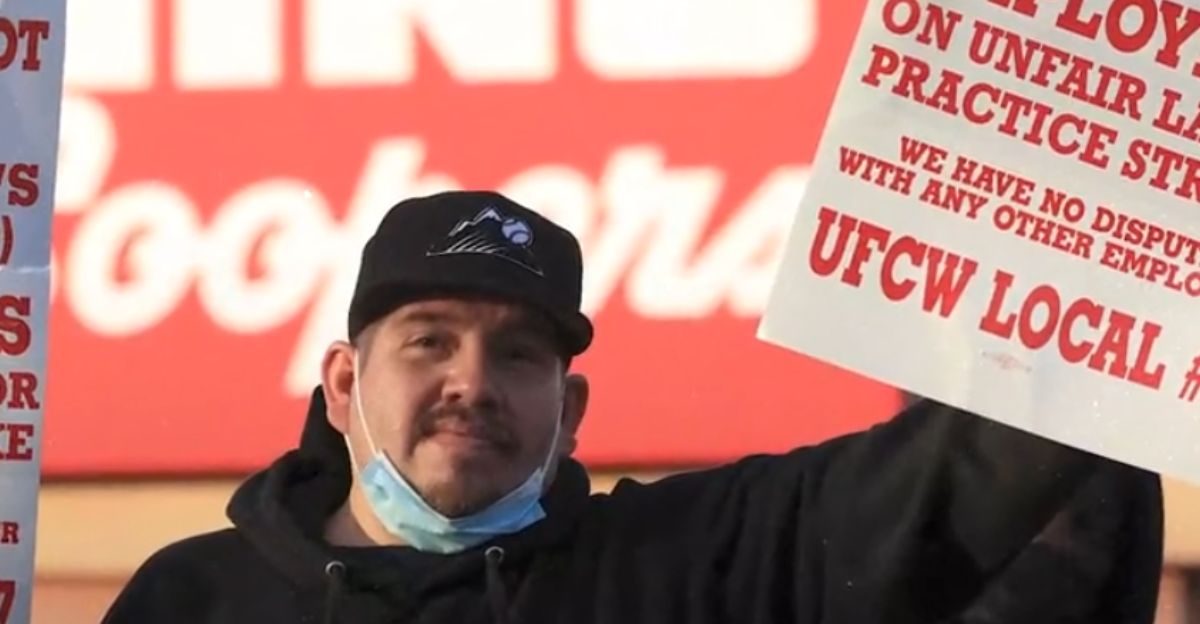
While one or two employees walking out wouldn’t amount to much, the power of unity makes the difference. At the Kroger stores affected, not many employee stayed behind, and as the majority of employees walked out on every shift, this put pressure on the retail giant to make the next move quickly.
Once a workforce strikes solidarity, it can push even the biggest companies to reach their level and start talking. This effect can ripple through the retail space and have impacts elsewhere.
Historical Success
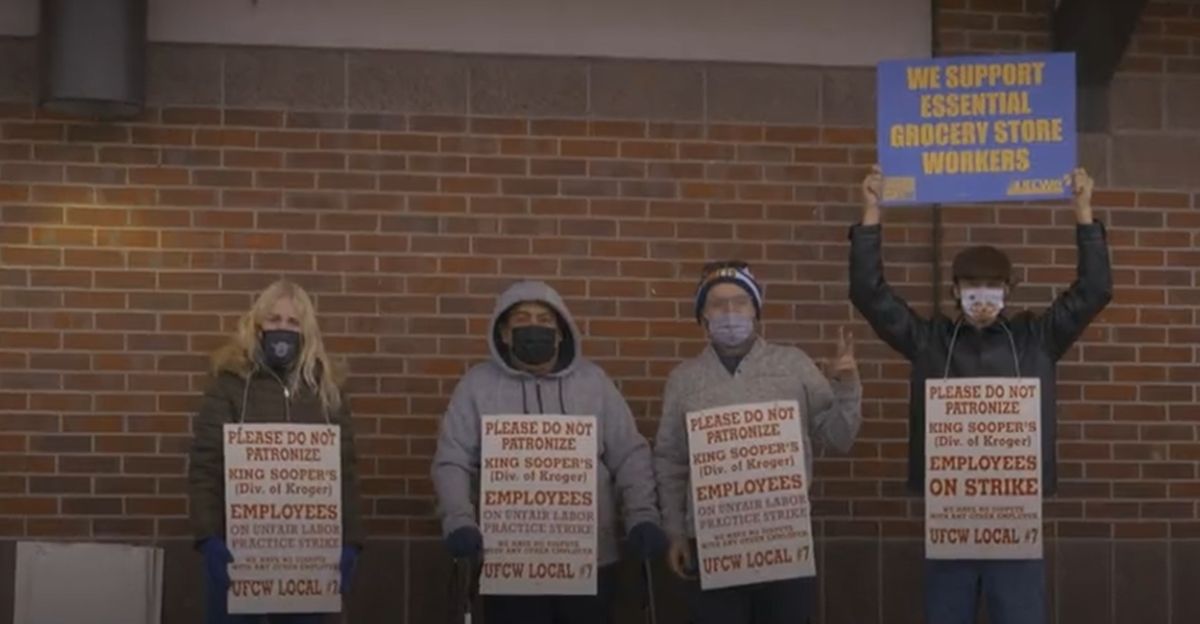
This isn’t the first time employees have felt short-changed and hard done by. In Southern California, there was a historic grocery strike between 2003 and 2004, which impacted the entire retail space, making it more competitive as rivals seized opportunities amid labor unrest.
The recent Kroger walkout might not have had the same profound impact, but it sets the record straight—when your employees are unhappy, you need to be willing to hear them out or face the consequences.
Walking Out
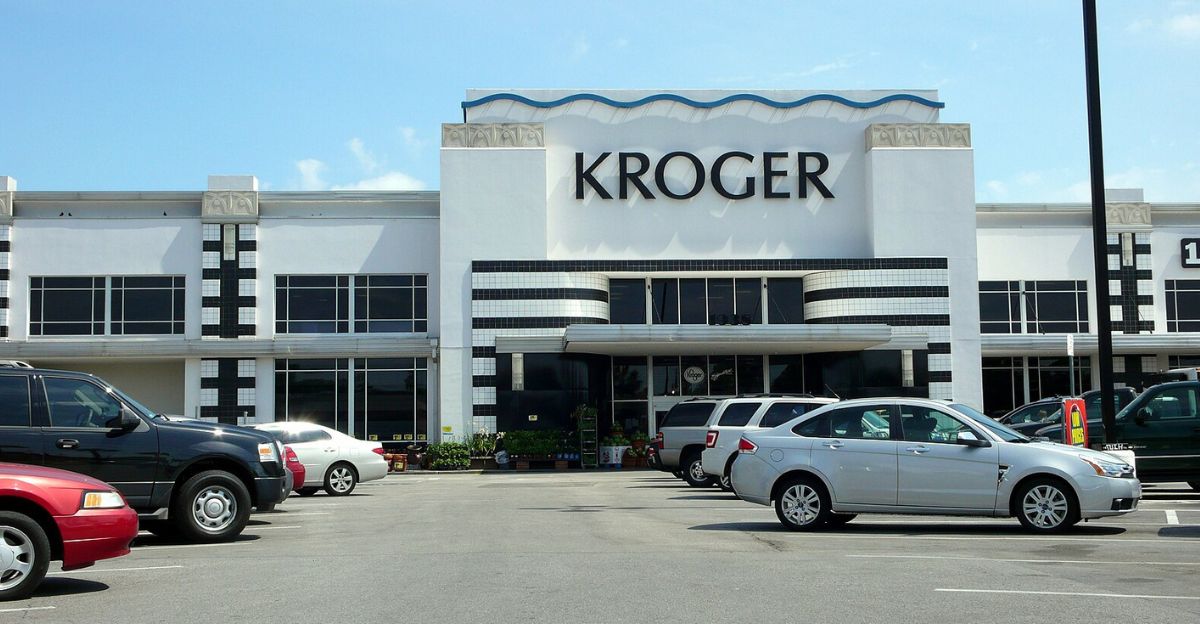
The strike puts pressure on multiple fronts for the company. The most apparent is the stress that it will have on the stores, as understaffing can have a huge impact on revenue, and an entire walkout halts everything and means locations stop making money entirely.
It’s an effective way of getting the attention of the higher-ups and showing them that something is very wrong within their business structure.
Losing Business
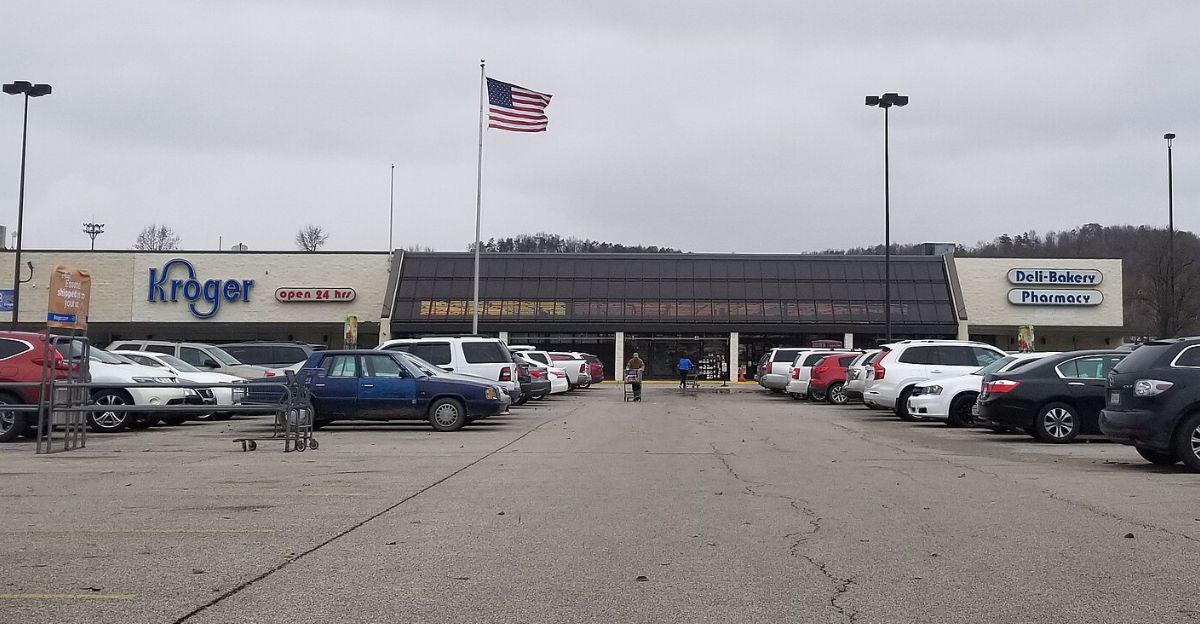
With four stores closing, Kroger’s revenue immediately takes a hit, not only through direct business but also through shares. The consumers who see the closed doors will most likely take their business to competitors, such as Walmart or Target.
This risks losing loyal customers, and once they are gone, it’s hard to win them back after they’ve had a bad experience. Investors see this and could start pulling out, creating a domino effect.
Unionization
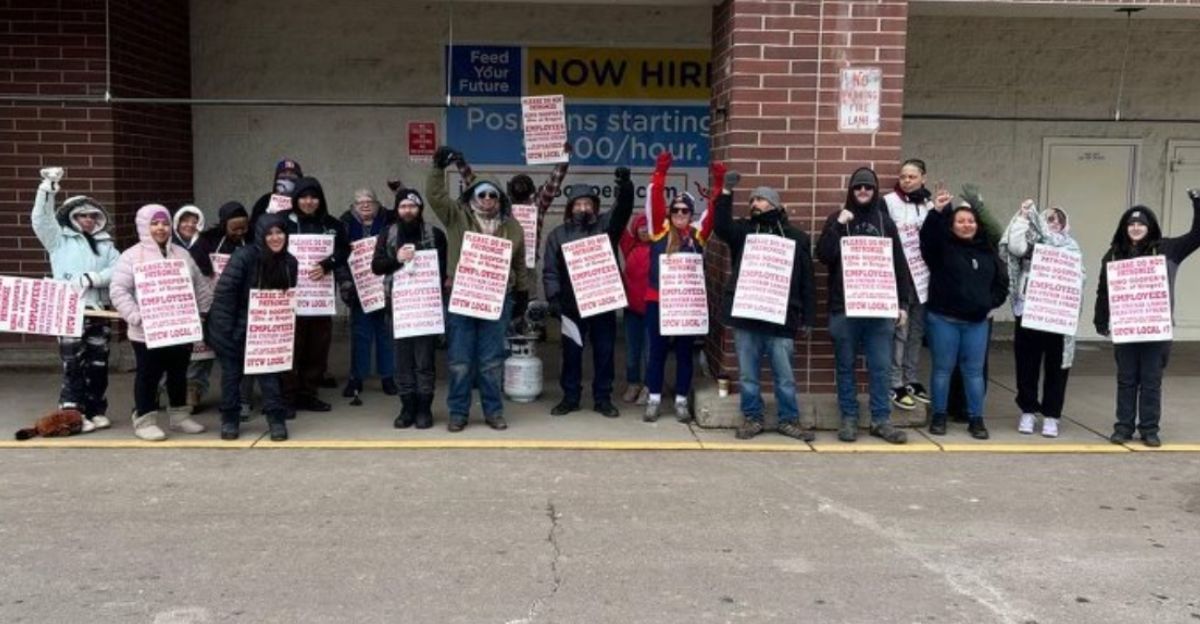
Unionization is not a call to arms but a call for fair wages and business practices. Employees want to feel respected through their paycheck and overall work atmosphere. In recent years, more workers have joined unions, looking for ways to stick up for themselves.
Indiana showcased how unhappy Kroger employees are, as 8,000 workers rejected their new contract by a 74% margin. This turned into a strike. Union petitions and successful negotiations are at an all-time high, highlighting that in many cases, strikes are necessary to garner attention.
Gaining Traction
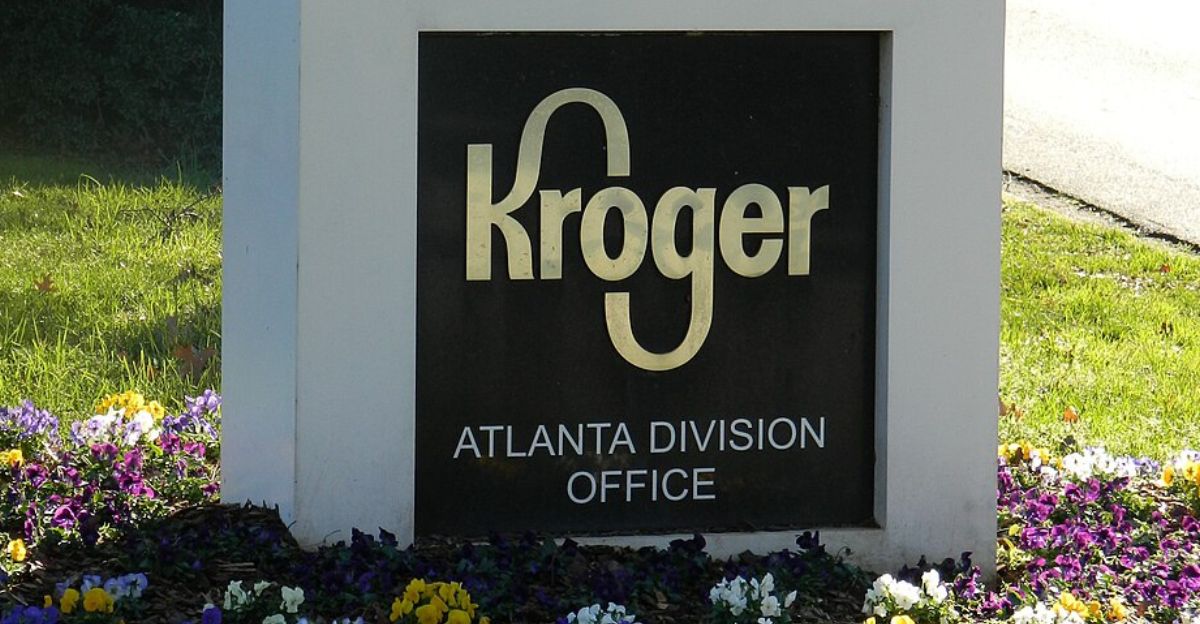
As unionization gains traction among many business employees, public opinion has shifted in support, and with talks of regulatory shifts, workers feel bolstered.
However, the issues we’re seeing aren’t limited to Kroger and the grocery space but rather the retail sector as a whole. Employees who work at fashion retailers are facing similar problems. Kroger’s four closures could be a beacon for others to follow.
Impacts On Fashion Retail
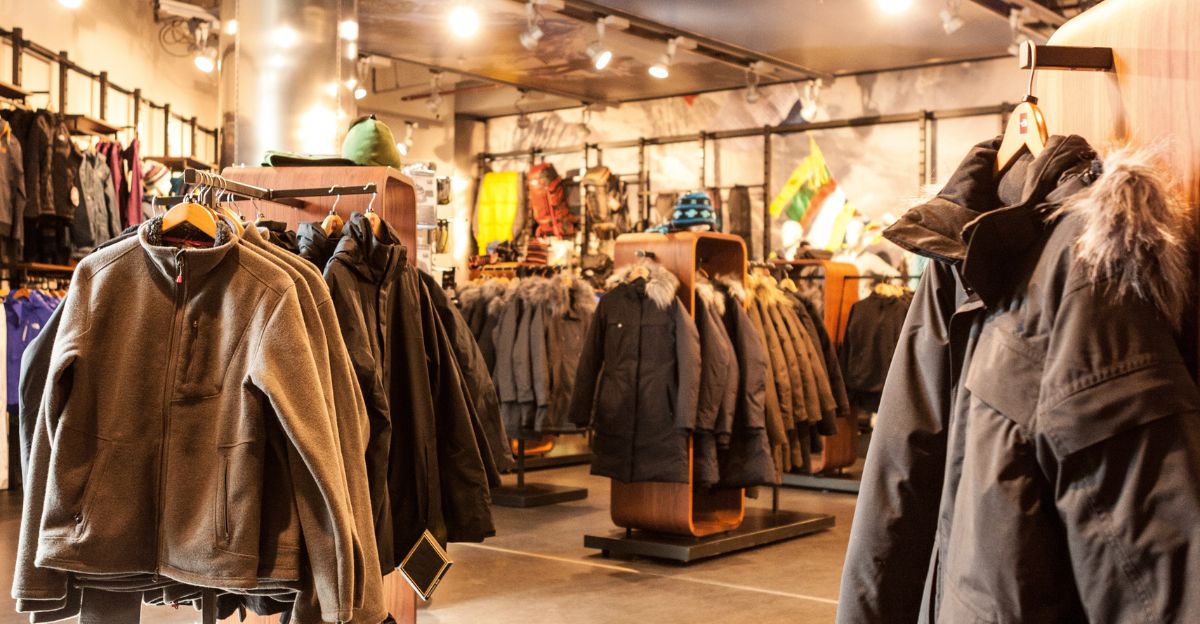
Fashion retail, like the grocery sector, has seen an increase in strikes and protests by garment and retail workers. Many are demanding better wages, working conditions, and union rights.
Fashion giants have experienced unionization drives and walkouts, calling for global agreements to be renewed to strengthen worker’s rights. This mirrors the actions that have been taken by employees at Kroger.
The Mental Toll On Families
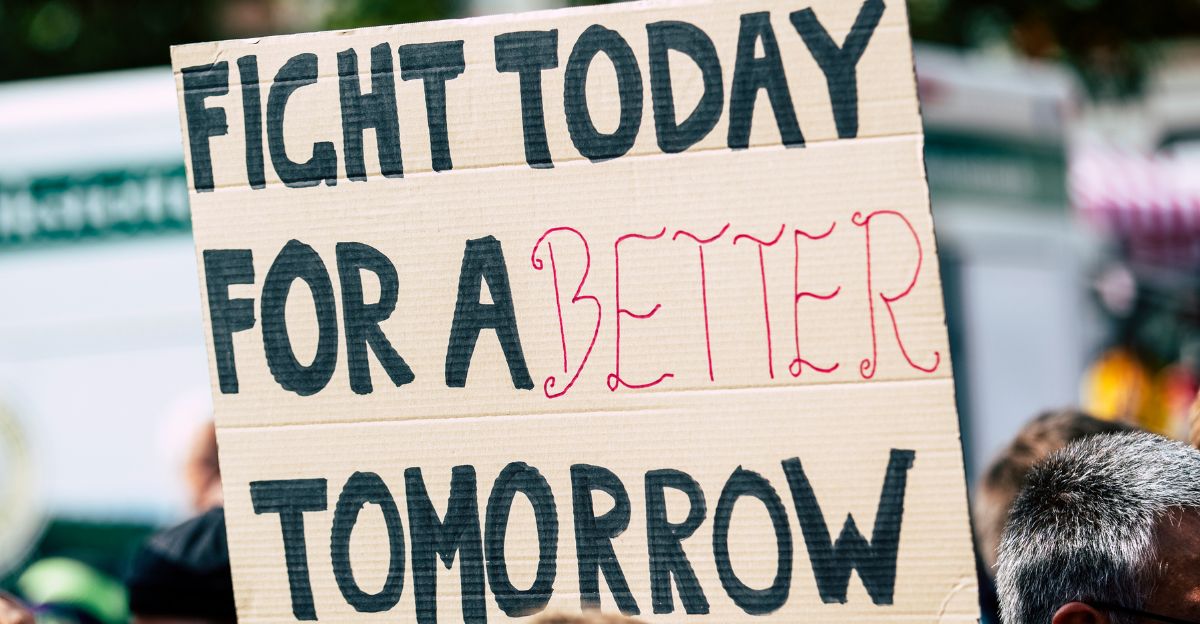
One of the largest issues surrounding employee dissatisfaction is wage-related, but being rejected for an increase and having to resort to walkouts and strikes can have a significant mental toll on workers.
If labor disputes are long and drawn out, entire families can be jeopardized, and relationships can be strained. Unfortunately, this is the only action many employees can take to get the attention they need.
A Desperate Gamble
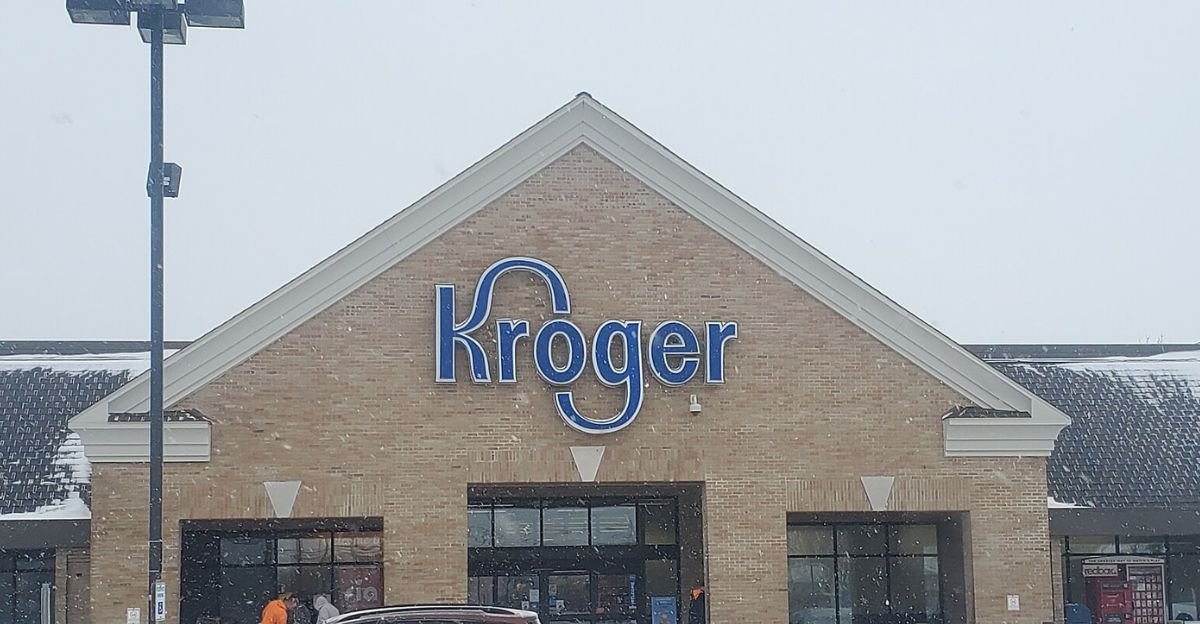
As benefits fall behind and wages stop being enough to live off of, the only gamble employees can take when management doesn’t listen is unified action.
The pain that employees have to endure is worth it in their minds because it paves the way for a better future all around, even if the short-term turmoil is agonizing. These employees risk losing their jobs and wages, all in the name of more fair labor practices.
Is There More To The Store Closures?
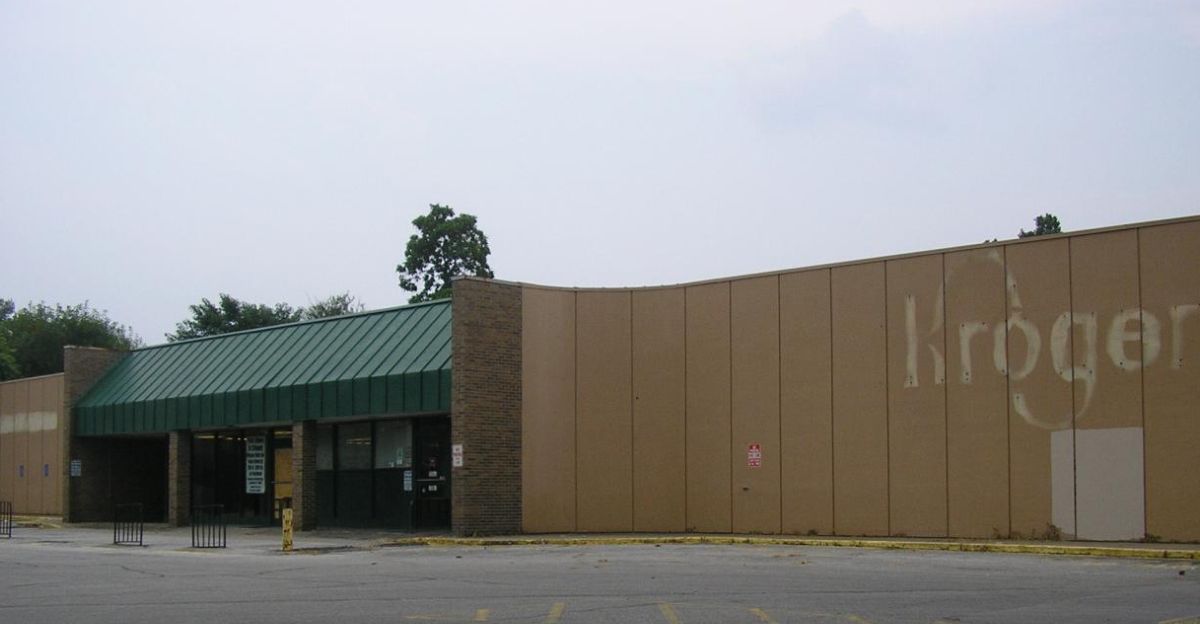
While many believe that the store closures directly resulted from walkouts, critics argue that Kroger is changing its store closure plan.
Underperforming franchises tend to bring down the revenue of the entire business, and its not uncommon for companies to close these stores and refocus their attention on the ones hitting their targets. This could also break union momentum or send a message to other locations. While this is a recognized tactic, in the case of the four store closures was primarily due to employees walking out.
Companies Need To Make Changes
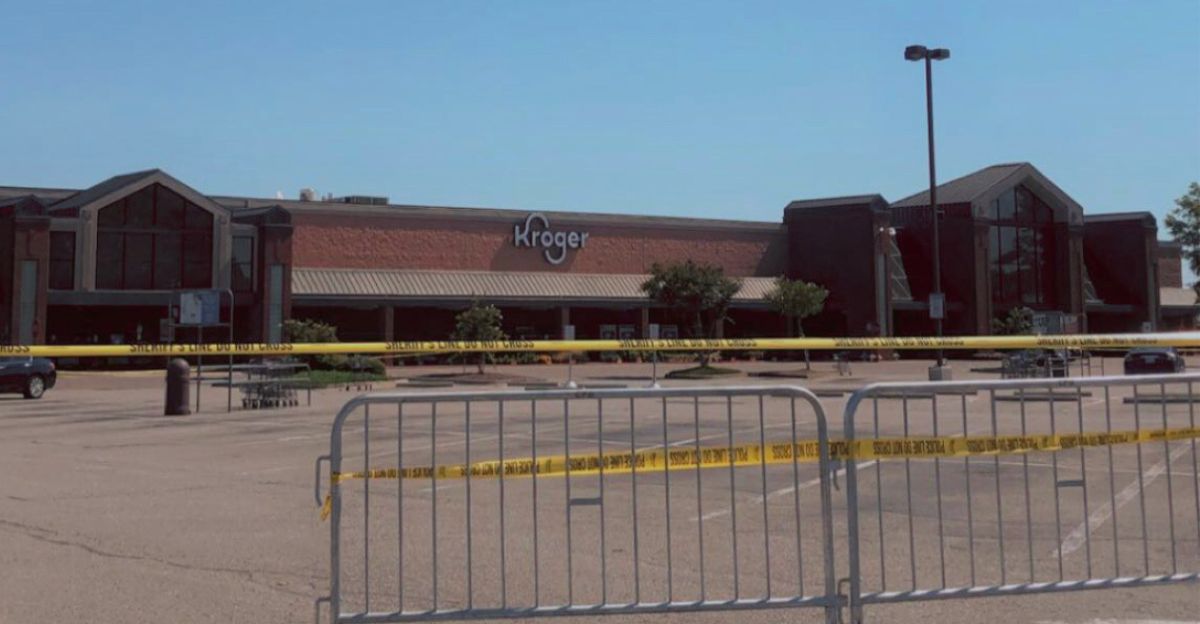
The walkout at Kroger is drawing the curtains on a problematic issue that, to the typical consumer, has gone unnoticed. It’s good business to treat employees as more than assets, but unfortunately, many companies only push for profit margins, no matter the toll on the workforce.
Companies also face a public relations nightmare if they do not properly address union strikes. Public opinion can be pitted against them if it’s perceived that they want to quell strike attempts.
The Power Of Social Media
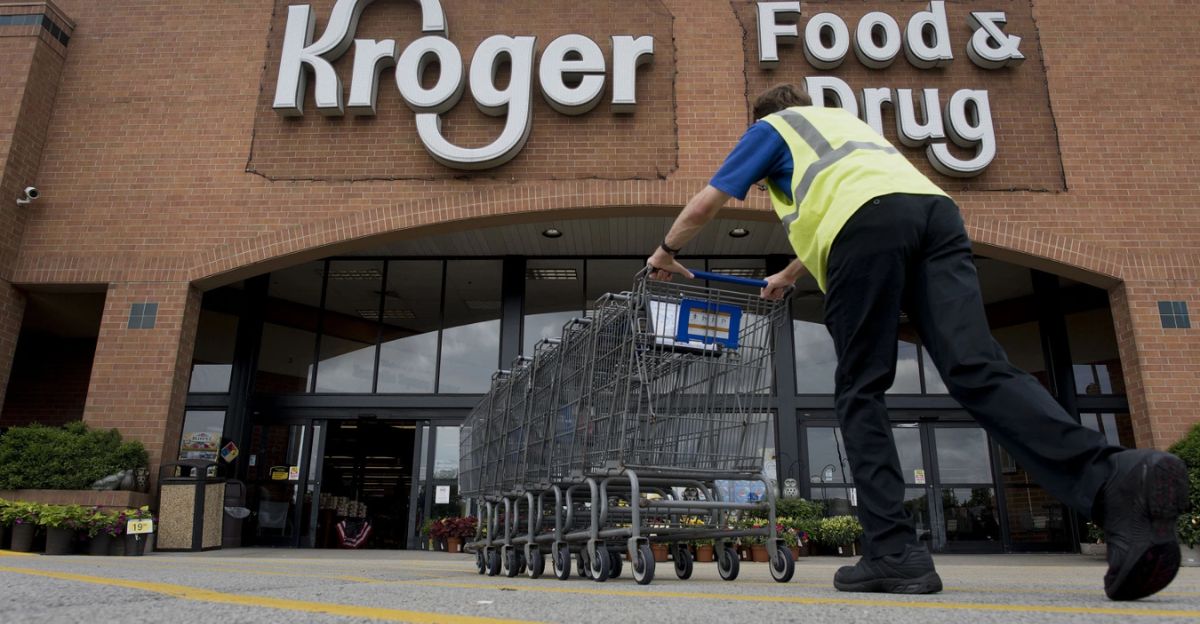
Social media is a powerful tool that can be leveraged to make consumers aware of problems in the retail space. We live in an age where shoppers are quick to point the blame and lose trust.
If one store is closed, it could be posted to social media and quickly spread like wildfire, possibly turning off hundreds or thousands of customers.
The Future Impacts On Retail
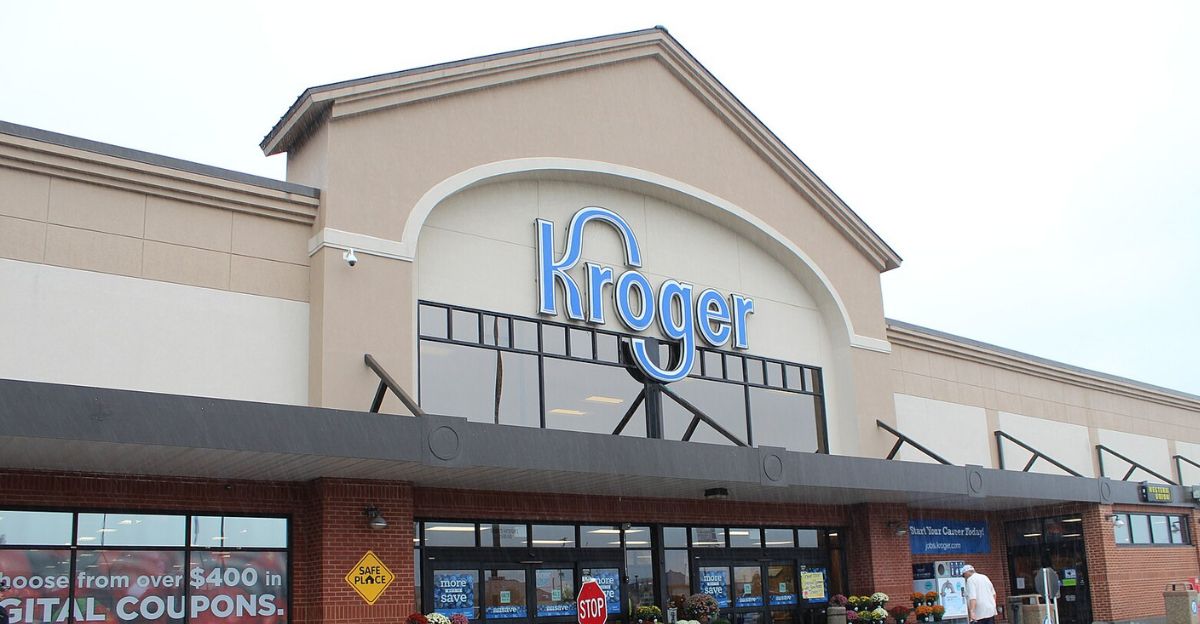
Many retail stores are essential everyday stops for many consumers, ranging from shoppers buying daily groceries to those shopping for clothing and more.
Is more stores close as a result of walkouts or strategic shifts there could be an epidemic where many consumers become displaced. This could lead to future innovations in robotics and automation, but historical efforts have seen mixed results.
The Importance Of Employees
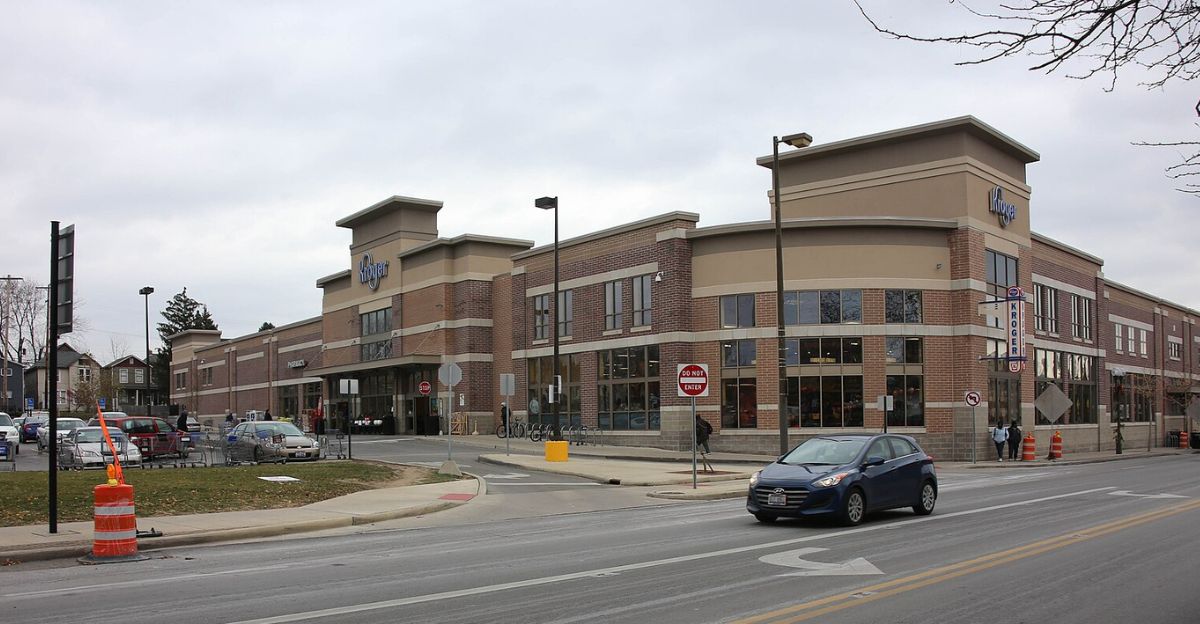
Self-checkout kiosks and other automation efforts have their own problems, such as increased revenue loss due to shrinkage and customer dissatisfaction when facing glitches.
Employees remain an essential asset to any retail space, and it looks like it will stay that way for the foreseeable future. This is why ensuring fair workplace practices and wages is important. A happy employee should mean a happy franchise, although this isn’t always the case.
A Tipping Point
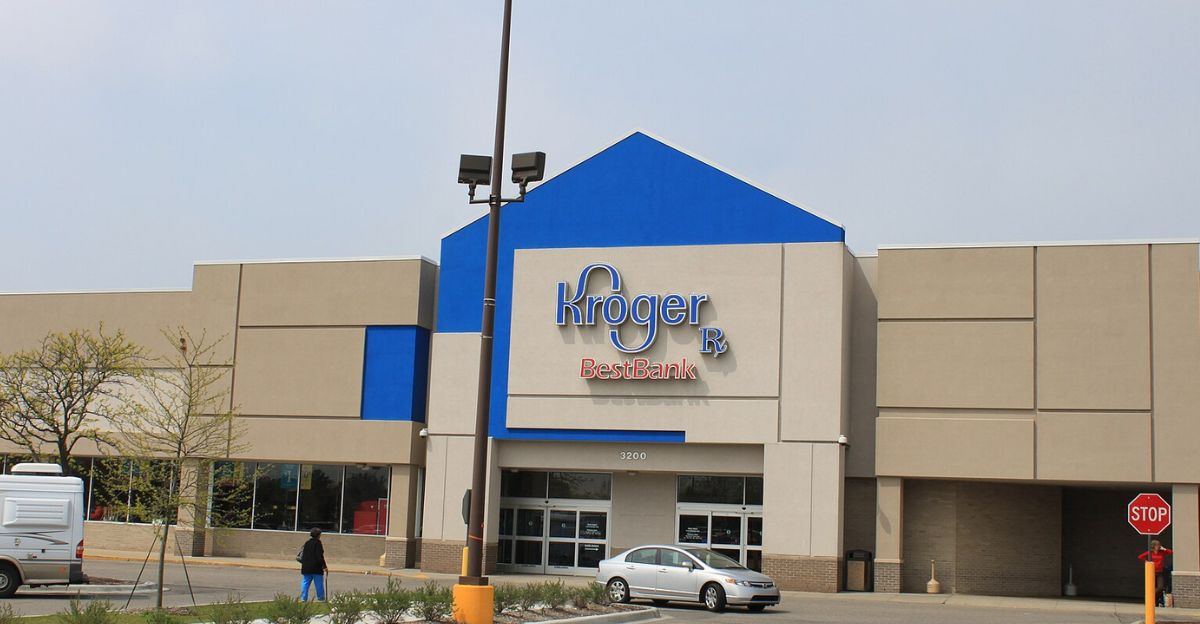
Workers showing that they are not going to stand down and continue to work under unsatisfactory conditions could be a tipping point in American retail that echoes historical labor disputes. Retail is one of the nations biggest industry, and responsible for generating millions of jobs.
Turmoil in the retail space has significant implications on consumers, employees, and local economies. It’s in the best interest of businesses to ensure that disputes are at a minimum.
What Happens Next?
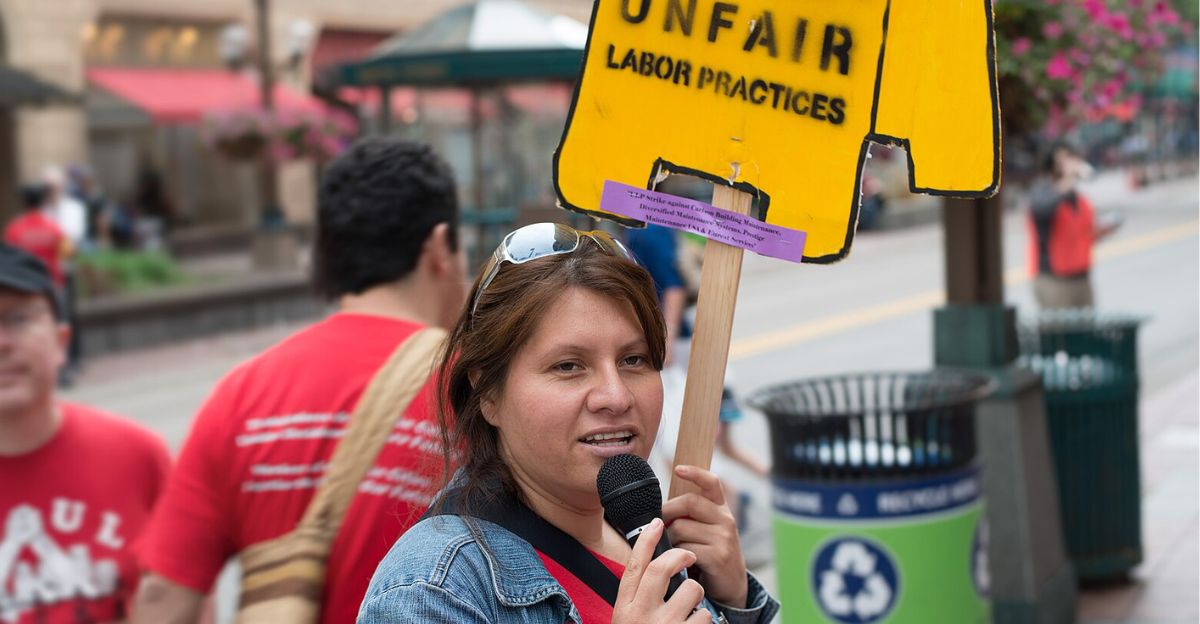
Kroger has said it is commited to negotiating with union representatives, stating, “our current offer reflects that commitment, including market-leading wage increases for associates over the life of the agreement, and continued investment in industry-leading healthcare and a pension…These are benefits that many non-union competitors do not offer.”
The company seemed intent on settling the labor disputes but has not addressed all union claims. The ball is in its court and could give a victory for its employees or become a cautionary tale.
Discover more DIY hacks and style inspo- Follow us to keep the glow-up coming to your feed!

Love content like this? Tap Follow at the top of the page to stay in the loop with the latest beauty trends, DIY tips, and style inspo. Don’t forget to share your thoughts in the comments — we love hearing from you!